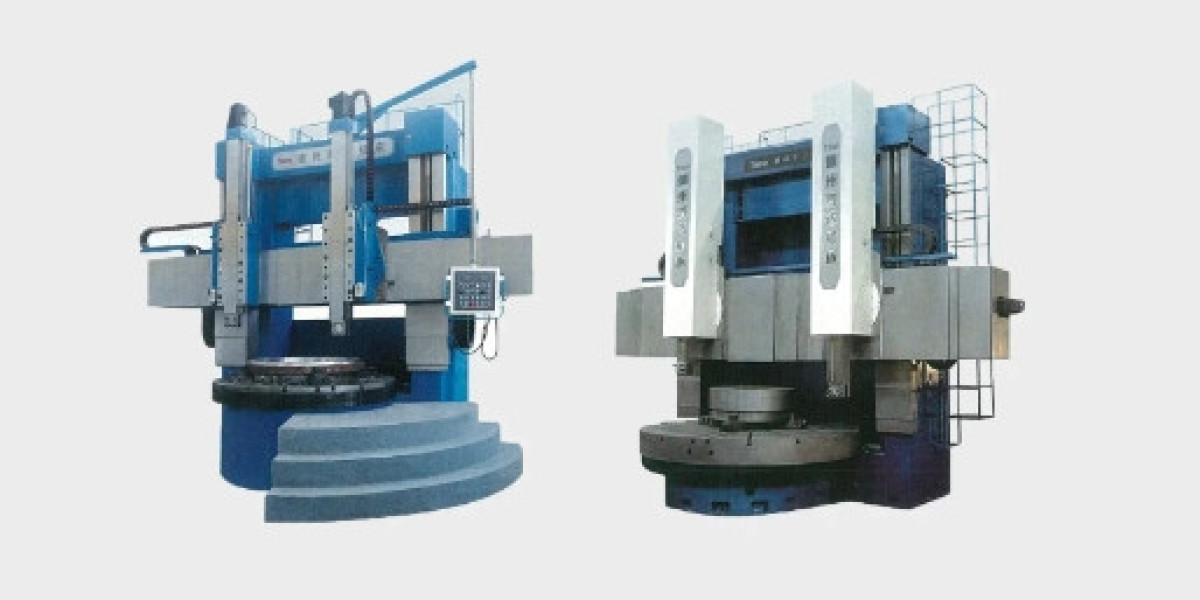A smart contract refers to programs kept on a blockchain, which functions when predetermined conditions are met. A blockchain is a sort of decentralized and immutable distributed ledger which provides a process of recording transactions and tracking assets in a business, also the ideal foundation for the implementation of smart contracts. It keeps all the necessary information regarding a business in digital form. Smart contracts are used to automate and check the execution of an agreement so that all the participants can keep a check on it without the need for any intermediary and without wasting more time.
Smart contracts were first seen in the early 1990s when cryptographer and legal scholar Nick Szabo first introduced the concept. A digital protocol that could automatically execute and enforce contractual obligations without any requirement for an intermediary. Increasing use of digitally native smart contracts is envisioned, which is transforming the traditional contract generation and negotiation process. Contract management has been limited to technological advancements. A reevaluation of traditional legal agreements is observed after the commencement of smart contracts. Certain advantages of contract management are there like speed, smart contracts are observed much faster than traditional contracts as it takes less time for the participants to check the agreements. Another benefit of smart contracts is their accuracy, smart contracts are more accurate than traditional ones, be it the method or the human errors in it. Smart contracts are more self–executing and require no intermediaries whereas traditional contracts require more manual efforts and tend to have more errors than smart contracts. Smart contracts observe reduced costs than traditional contracts and together with all these benefits along with other benefits, smart contracts challenge the norms of trade contract law.
Smart contracts ensure more security and privacy in an agreement and keep it confidential, also these tend to be more sustainable and are less prone to be lost. With advancements in AI and machine learning, contract management is becoming more efficient and less prone to errors. Combining AI with contracts provides a positive point to companies outgrowing their antiquated contract repositories and authority tools. These technologies allow for enhanced collaboration, streamlined negotiation processes, and more intelligent post-signing workflows. AI in combination with contracts makes the difference between advanced and average contract management and empowers them. Legal and businesses were to create, store, review, index, retrieve and approve agreements. It accelerates the contracts and makes it more efficient.
Onan average it takes about 90 minutes to review an agreement and it is way too much time when there are plenty of it in an organization. There are many things in an agreement to review which can be mistaken and increase the chances of errors when taking so much time. AI along with contract management reduces the chances of repetitive tasks and mistakes.
It is more efficient for handling huge contract data sets, and that way there is no wasted time or misunderstanding. This makes handling large data effective and efficient as well as the completion of work in real-time. Moreover, there is a growing legislative focus on data privacy and AI, highlighting the importance of staying informed about global regulations affecting contract management practices.



